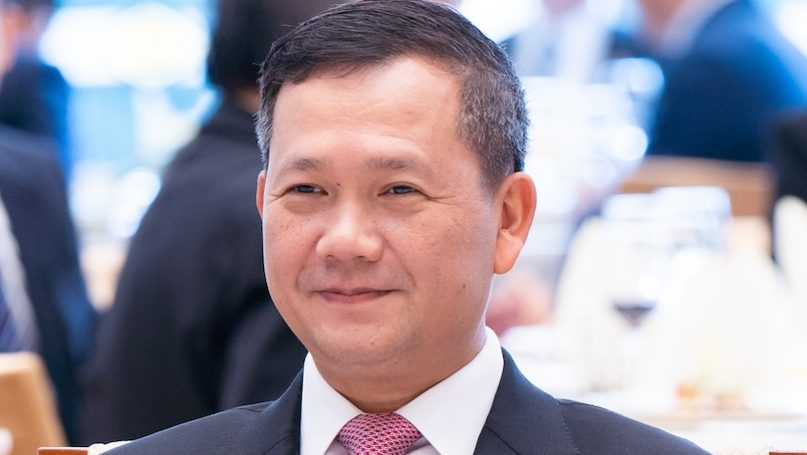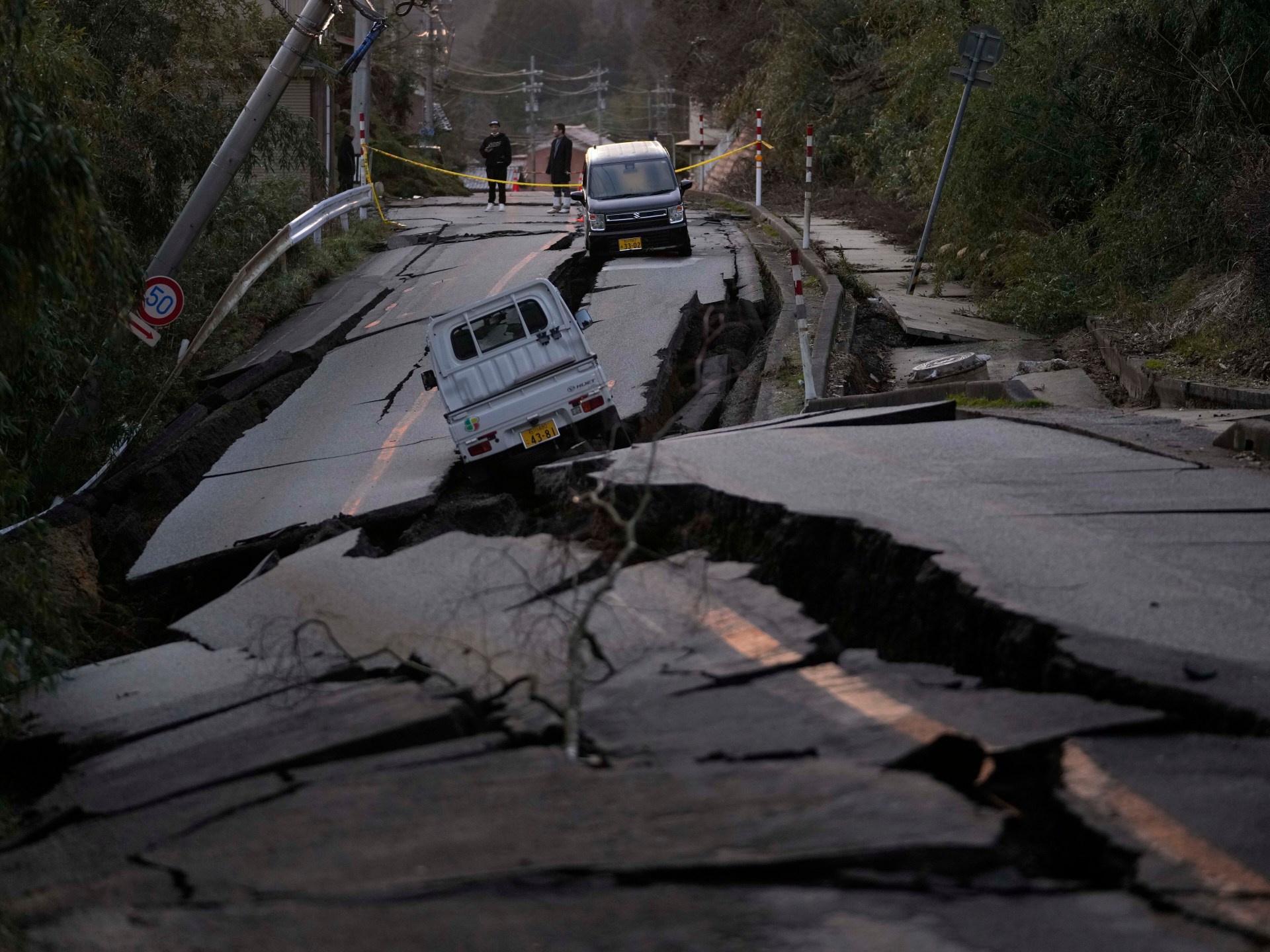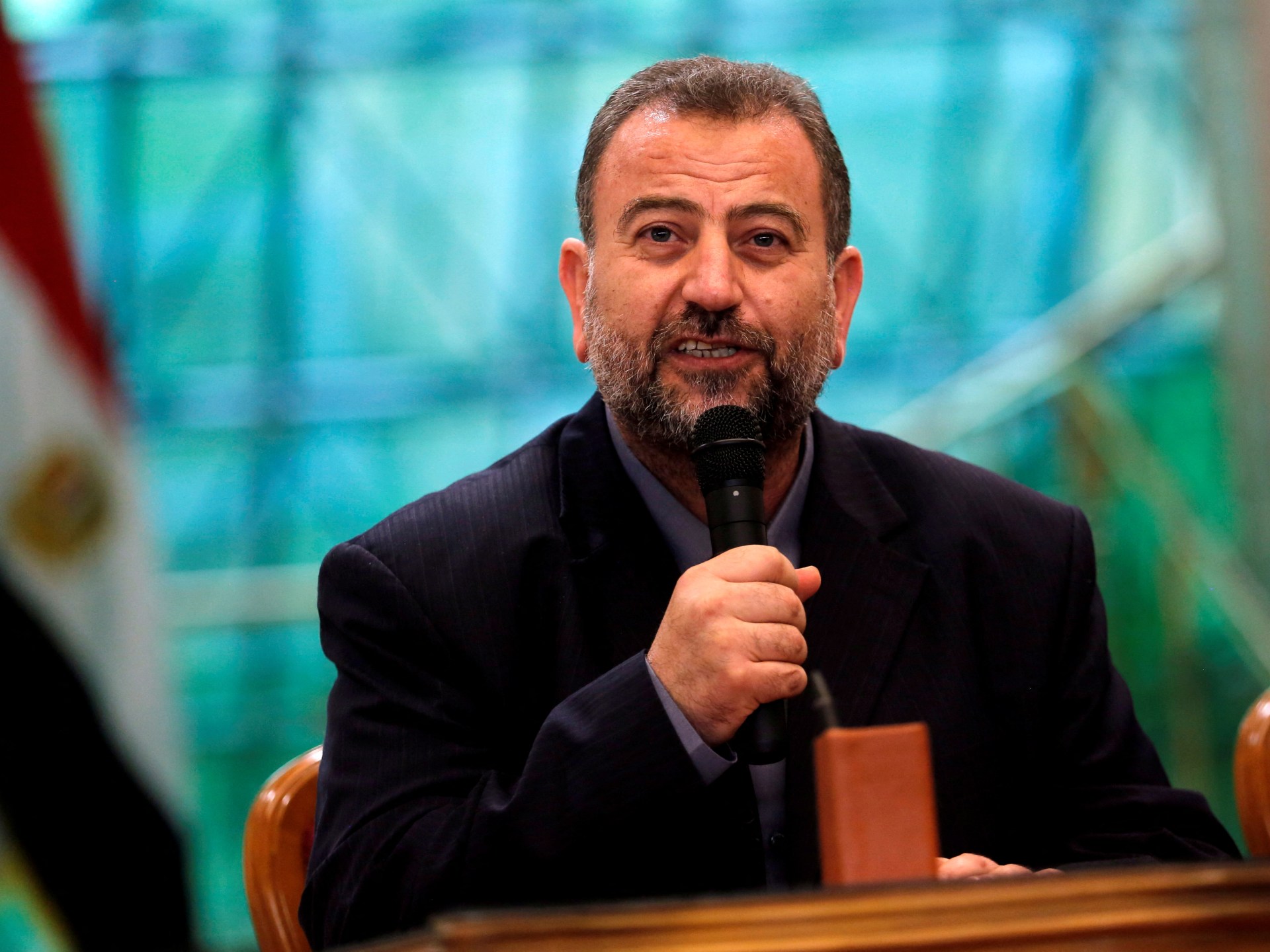
Sa sola/Shutterstock
In July, watched by an increasingly disillusioned international community, Cambodia endured the rituals of campaign monitoring, polling processes and finally the count during its most recent elections. There were no surprises. As my contact in the UNDP regional office confirmed, “18 parties but really only one set of votes lumped in a big pile for the CPP. If there was much electoral fraud it hardly mattered for the pattern of voting for a single party was so regionally consistent, and in all but a few places, obsoletely overwhelming…” Political absolutism shames a country which in the 1990s was one of the international community’s bravest and (at the time) costliest experiments in liberal democracy. Another colleague I recalled from UNTAC (the abbreviature for the UN’s Transitional Authority which lasted from 1992–1993) stated bluntly, “Hun Sen has managed to undo any surviving cross-cutting cleavages of grassroots democracy….all those little UN projects we had sewn across the country…”
Dictatorships are autocratic forms of government characterized by leadership sustaining overwhelming governmental powers. Politics are controlled by a dictator, facilitated through elites. Political scientists like Juan José Linz and Samuel P. Huntington select some critical attributes that define these power structures. The recent election in which Hun Manet, son of Cambodia’s Prime Minister Hun Sen, is expected to succeed, fulfils the fundamental Huntington principles of “personalist dictatorship”. Hun Sen has suffocated what was left of the limited democracy created by millions of dollars of UN investment in 1992 and 1993. Having squashed genuine political opposition and mass media, July’s election was “more coronation than election”.
As I watched Cambodia’s ruling party rallies in the capital Phnom Penh, I had a sense of the Deja vu which had mesmerized me in numerous elections since the first (apparently) momentous UN-hosted polls back in 1993. Observing the closing rally, I saw Hun Manet, the 45-year-old eldest son of Prime Minister Hun Sen, assure his cheering audience that only the Cambodian People’s Party (CPP) could save them. Another contact in the National Election Commission discreetly told me:
Such opposition that is left live in fear of their lives. They are hunted from hideout to hideout, and it is almost a miracle that anyone still goes to the polls except that of course the CPP actually pay a few cronies to maintain an illusion of politics. Thus, like in so many other countries, the political parties which are left, are for the most part, proxies for the ruling parties, handed a pittance for their party workers, a bung or two to make it worthwhile for the apparent leaders of these political groups to keep up a public face, but the result is the opposite of democracy.
It is also depressing that genuine opponents of the CPP are now either in exile or jailed. A year before these latest polls, the CPP ensured they were the only party which could possibly win the election. On 26 July Hun Sen, now 70, announced his son would immediately succeed him as PM. Hun has been effective dictator for some 38 years. He first came to prominence leading the Vietnam-installed communist regime, and then muscled out such feeble opposition which had surfaced in the UN-installed multi-party system. He has become an increasingly intolerant autocrat. The only party genuinely challenging his rule, the Candlelight Party, was put on the prohibition list and excluded from the election. The 17 other parties that did compete, have negligible influence on Cambodian politics.
A couple of hours after the polls closed, the CPP announced its expected landslide, with a voter turnout in excess of 80%. According to the Election Commission there were high levels of spoiled ballot papers, the only effective way of recording an opposition vote in a nation of proxy pro-CPP parties. All this despite hastily contrived laws criminalizing vote-spoiling and arrest of Candlelight party activists. As the BBC have suggested, with Hun Manet expected to succeed in an orchestrated transfer of power, “this felt more like a coronation than an election.” One of the few remaining opposition figures was more vocal. “I don’t think we can even call it a sham election,” says Mu Sochua, an exiled former minister and member of the CNRP, an opposition party banned in 2017. He continued: “We should call it a ‘selection’, for Hun Sen to make sure that his party will select his son as the next prime minister of Cambodia, to continue the dynasty of the Hun family.”
Ou Virak, founder of the Cambodian think tank Future Forum, said that the entire election was a cosmetic exercise to legitimize dictatorship: “They knew they would win the election – that was an easy outcome for them. But winning legitimacy is much more difficult.” Close to the capital Hun Sen has memorialized his dictatorship with the Win-Win Memorial opened in 2018 at a cost $12m. In the style of Cambodia’s greatest historic monument (Angkor Wat) its panels depict (respectively) Hun Sen’s flight to Vietnam in 1977, his return in 1979, and his agreement with Khmer Rouge leaders in 1998, ending the civil war.
Conscious that half of eligible voters are under 35 years old, CPP pushed Hun Manet and other younger party leaders to run this year’s campaign, with a media strategy appealing to a more youthful electorate. As an associate of the Candlelight Party told me, “In the past the CPP could exploit the awful legacy of the KR but now they have to think of new tactics for a younger vote such as promising them jobs in joint Chinese ventures”. There can be little question that a regime transition is in process. Alongside Hun Manet, the sons of Hun Sen’s contemporaries, like Defence Minister Tea Banh and Interior Minister Sar Keng, with assume their father’s seats in the cabinet.
A few years ago, Cambodia’s ruler launched a ruthless crackdown to annihilate his opponents. Facing popular opposition, Hun Sen used the courts to dismantle any political party threatening his rule. Having crushed his rivals, he cruised to victory six months later at the 2018 election, winning all the seats in Cambodia’s parliament. For nearly 40 years, he has consolidated power through a network of interests, including military, police and intelligence. The UN had sought to craft Cambodia as a democracy in the 1990s but most political analysts would now define it as an authoritarian one-party state.
After the Cambodian National Rescue Party (CNRP), led by Sam Rainsy and Kem Sokha, captured 44% of the national vote in 2013, Hun Sen has targeted the country’s democratic institutions. He closed The Cambodia Daily, expelling rights groups and US Peace Corps volunteers. The courts then jailed Sokha for 27 years on what the US said was a “fabricated conspiracy”. The punitive sentence was condemned by several Western embassies and the UN human rights commissioner. Hun Sen also shut down the remaining free press outlet, Voice of Democracy, and threatened de-registration of NGOs. International analysts say this is evidence of a de facto dictatorship. The regime also censored Facebook. The UN Human Rights Commissioner said at the time that Hun Sen’s government “continues to suppress political opposition and independent media…. these actions seriously undermine the civic and political space, including the environment for free and fair elections in July”.
Human Rights Watch has repeatedly urged countries such as Australia, Japan and EU member countries – who have financially supported election monitoring in Cambodia – to raise concerns. VOD, (Voice of Democracy) has been the latest newsroom faced with an order revoking their operating licence, shutting the country’s last independent media outlets – immediately before the July election. Josef Benedict, a researcher with global civil society group CIVICUS, said VOD’s closure was part of a continued “assault on civic space and press freedom”. Founder of the Future Forum, Ou Virak, added, “This is a once in a generation change.”
Analysis by CamboJa, an independent outlet, found that of the ruling CPP’s 125 election candidates, more than a fifth were related to someone else on the ballot, an increase on the 2018 elections. Family members are replicating the same elite. A former colleague who had worked in UNTAC reflected on the demise of the spirit which had characterised those hopeful days of the UN operation:
In 1993 Cambodians were so enthusiastic for the UN many accidentally spoiled their votes by writing United Nations on their ballot paper. That probably cost the rightful heir of the vote, FUNCINPEC (the party which actually got most votes in 1993) the election, but it makes no difference because Hun Sen would not have accepted a big defeat any more than what was the outcome in 1993 – his narrow defeat.
By any definition, Cambodia remains a casualty of Hun Sen’s personalist dictatorship and the achievements of UNTAC are lost. The July election is further evidence of the death of Cambodian democracy and ugly regime transition under Hun Manet.
Further Reading on E-International Relations
About The Author(s)
Martin Duffy has participated in more than two hundred international election and human rights assignments since beginning his career in Africa and Asia in the 1980s. He has served with a wide range of international organizations and has frequently been decorated for field service, among them UN (United Nations) Peacekeeping Citations and the Badge of Honour of the International Red Cross Movement. He has also held several academic positions in Ireland, UK, USA and elsewhere. He is a proponent of experiential learning. He holds awards from Dublin, Oxford, Harvard, and several other institutions including the Diploma in International Relations at the University of Cambridge.
Before you download your free e-book, please consider donating to support open access publishing.
E-IR is an independent non-profit publisher run by an all volunteer team. Your donations allow us to invest in new open access titles and pay our bandwidth bills to ensure we keep our existing titles free to view. Any amount, in any currency, is appreciated. Many thanks!
Donations are voluntary and not required to download the e-book - your link to download is below.

 Movie
Movie 6 months ago
121
6 months ago
121 






![Presidents Day Weekend Car Sales [2021 Edition] Presidents Day Weekend Car Sales [2021 Edition]](https://www.findthebestcarprice.com/wp-content/uploads/Presidents-Day-Weekend-car-sales.jpg)



 English (United States)
English (United States)